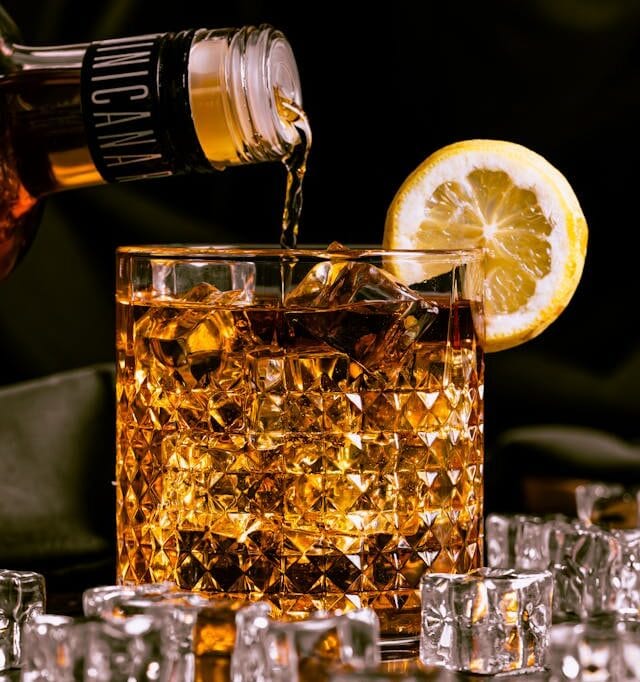Barrister admits drinking during Snaresbrook trial break, forcing jury discharge and case restart
A barrister who drank alcohol during a break in a criminal trial has been fined £3,000 after his actions led to the collapse of proceedings at Snaresbrook Crown Court.
Dominic Charles D’Souza, a barrister since 1993, consumed alcohol while sitting in his car in the court’s car park during a recess in March 2023. The incident was brought to the attention of the trial judge shortly before the session was due to resume.
Though the type or amount of alcohol consumed was not disclosed, the impact was immediate and disruptive. Upon learning of D’Souza’s conduct, the judge discharged the jury and scheduled a new trial, causing significant delay and cost to the justice system.
D’Souza admitted all three disciplinary charges brought against him by the Bar Tribunals & Adjudication Service (BTAS). A tribunal panel found that he behaved in a manner:
- Likely to diminish public trust in him and the legal profession,
- That foreseeably interfered with the administration of justice, and
- That wasted court time.
He was fined £1,000 per charge, totalling £3,000, and also ordered to pay £2,670 in costs.
The tribunal made it clear that such behaviour from a member of the bar was unacceptable, particularly while actively representing a client in a live criminal trial.
“He behaved in a way which foreseeably interfered with the administration of justice,” the panel said.
The case is particularly striking given the context: D’Souza wasn’t simply off duty or outside his professional obligations—he was mid-trial, representing a client, and his actions directly undermined the legal process.
Though this disciplinary outcome stops short of suspension or disbarment, it sends a stern message about expectations of professional conduct.
The tribunal’s three-person panel, which considered the charges and sanctions, noted that the damage caused was not only to the trial but to public confidence in the justice system.
“The actions of Mr D’Souza disrupted proceedings and necessitated the discharge of a jury. That cannot be ignored,” a BTAS spokesperson said after the ruling.
The case comes amid ongoing concerns about professional standards and accountability in the legal profession. While there was no suggestion D’Souza was intoxicated during court proceedings, the very act of drinking alcohol during a working day — and during a live criminal case — was enough to merit regulatory action.
The Bar Standards Board, which brought the charges, said barristers are held to high ethical standards and must behave in a way that upholds the integrity of the profession. D’Souza’s actions, they said, fell short of those standards, even though he fully admitted his misconduct.
The findings and penalty are open to appeal, though D’Souza has not yet indicated whether he will challenge the ruling. As of now, he remains a practising barrister, with no suspension imposed.
This is not the first recent case involving courtroom misconduct. Legal professionals have come under increasing scrutiny for lapses in judgement, particularly where those lapses have tangible effects on the administration of justice.
For now, D’Souza’s courtroom lapse and its fallout serve as a reminder that barristers operate in a sphere where public confidence is paramount — and one moment of poor judgement can unravel an entire trial.
